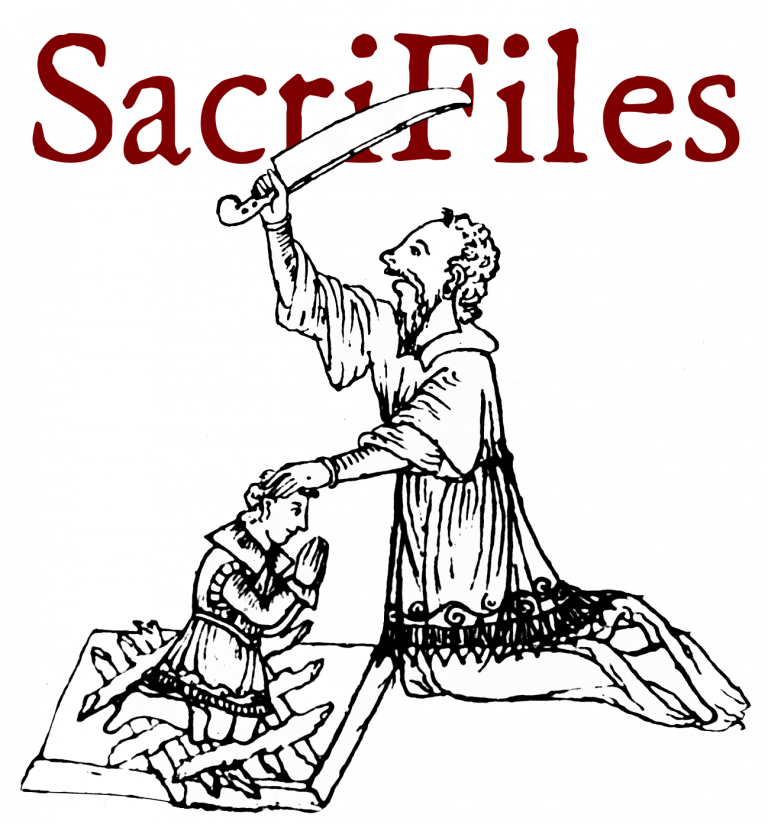The Death of King Charles I Proved a Down-Right Murder ...
The Death of King Charles I Proved a Down-Right Murder, With the Aggravations of It. In a Sermon at St. Botolph Aldgate, London, January 30, 1692/3. To Which Are Added, Some Just Reflections Upon Some Late Papers, Concerning That King's Book
London: R. Norton; Walter Kettilby, 1693.
Topics:
3. Sacrifice and politics (16th-18th Century) 6. Sacrifices of self: Martyrology after Reformation (16th-18th Century)
3. Sacrifice and politics (16th-18th Century) 6. Sacrifices of self: Martyrology after Reformation (16th-18th Century)
Authority file: http://viaf.org/viaf/21112977
Edited by: Francesco Quatrini
Related Documents:
A Vindication of King Charles the Martyr, Proving That His Majesty Was the Author of Eikon Basilike. Against a Memorandum, Said to Be Written by the Earl of Anglesey; and Against the Exceptions of Dr. Walker, and Others
London: Joseph Hindmarsh, 1693.
Eikōn ē pistē. Or, the Faifhfull Pourtraicture of a Loyall Subject, in Vindication of Eikon Basilike. Otherwise Intituled The Pourtraicture of His Sacred Majestie, in His Solitudes and Sufferings. In Answer to an Insolent Book, Intituled Eikōn alēthinē: Whereby Occasion Is Taken, to Handle All the Controverted Points Relating to These Times
n.p.: n.p., 1649.
Several Evidences Which Have Not Yet Appeared in the Controversy Concerning the Author of Eikōn Basilikē: Produced in a Letter to the Reverend Mr. Wagstaffe
London: T.W.; Richard Wilkin, 1703.
Dr. Hollingworth's Defence of K. Charles the First's Holy and Divine Book, Called Eikon Basilikē; Against the Rude and Undutiful Assaults of the Late Dr. Walker of Essex. Proving by Living and Unquestionable Evidences, the Aforesaid Book to Be That Royal Martyr's, and Not Dr. Gauden's
London: Samuel Eddowes, 1692.
Vindiciae Carolinae, or, A Defence of Eikon basilikē, the Portraicture of His Sacred Majesty in His Solitudes and Sufferings in Reply to a Book Intituled Eikonoklastes, Written by Mr. Milton, and Lately Re-Printed at Amsterdam
London: J.L.; Luke Meredith, 1692.
